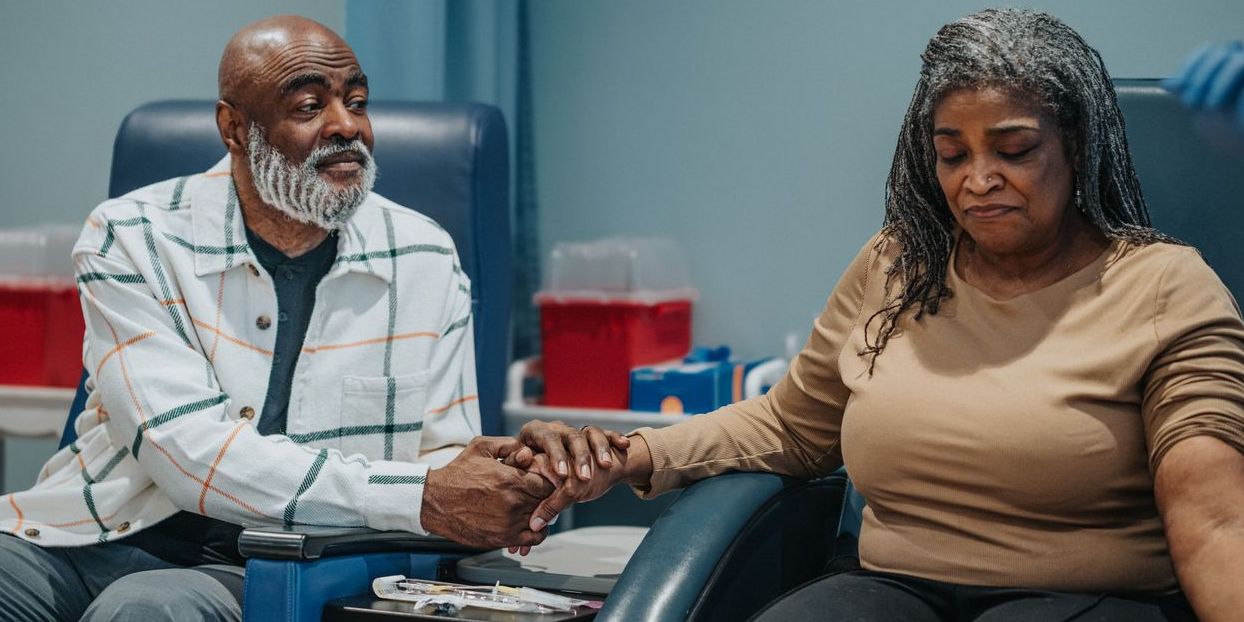Photo Credit: Natalya Burova
Investigators concluded that AI-powered “vascular healing” analysis in UC pinpointed patients likely to relapse, potentially guiding personalized treatment.
The following is a summary of “A novel artificial intelligence-assisted “vascular-healing” diagnosis for prediction of future clinical relapse in patients with ulcerative colitis: a prospective cohort study,” published in the January 2024 issue of Gastroenterology by Kuroki et al.
Image-enhanced endoscopy (IEE) potential for ulcerative colitis (UC) diagnosis is hindered by specialist dependence, prompting exploration of Artificial intelligence (AI)-assisted IEE for objective, non-expert prediction via optical imaging.
Researchers conducted a retrospective study with 8,853 images from 167 UC patients to develop an AI-based “vascular-healing” diagnosis system and assess its ability to predict patient outcomes.
They examined data from 104 patients with UC in clinical remission. Colonoscopies were performed by endoscopists using an AI system to identify the target mucosa based on AI-based vascular-active or vascular-healing criteria. Mayo Endoscopic Subscore (MES), histological analyses, and AI outputs were documented for six colorectal segments in each patient. Patients were observed for 12 months, with clinical relapse defined as a partial Mayo score surpassing 2.
The results showed a significantly higher clinical relapse rate in the AI-based vascular-active group [23.9% (16/67)] as opposed to the AI-based vascular-healing group [3.0% (1/33)] (P=0.01). In a sub-analysis of prophecy clinical relapse in patients with MES ≤1, the area under the curve for the series of complete endoscopic remission and vascular healing (0.70) surpassed that for complete endoscopic remission alone (0.65).
Investigators concluded that AI-powered “vascular healing” analysis in UC pinpointed patients likely to relapse, potentially guiding personalized treatment.
Source: sciencedirect.com/science/article/abs/pii/S0016510724000154














Create Post
Twitter/X Preview
Logout